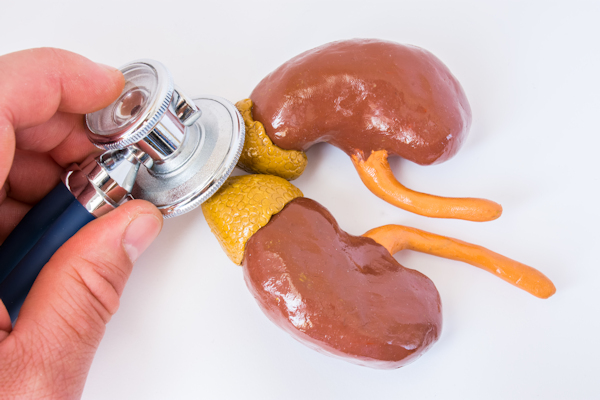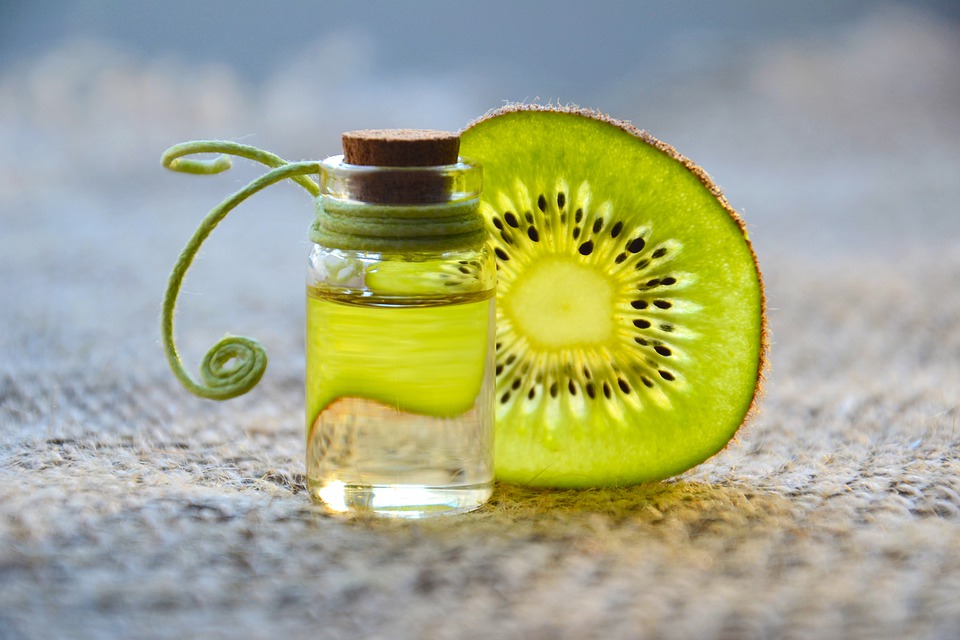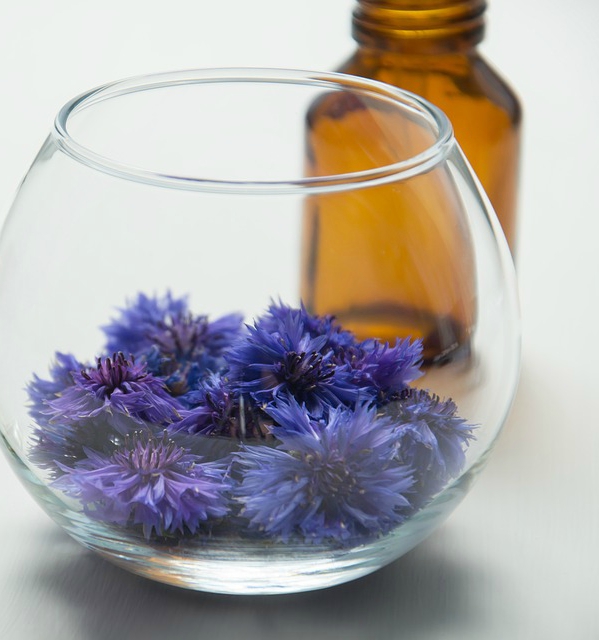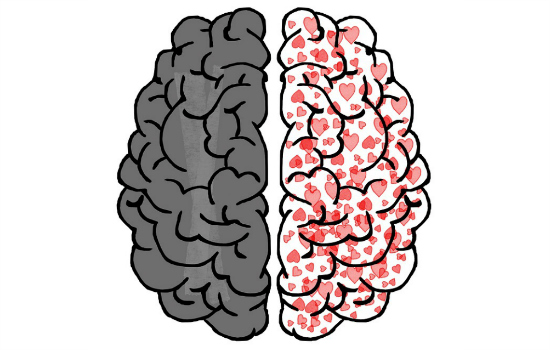
One of my all-time favorite subjects to teach is the endocrine system. It is the most fascinating and clearest example we have of how “everything is everything” in the body. For those of you unfamiliar with the underlying theme of Whole Health Education, our method and model of education and teaching is founded on the idea that everything in the body is intimately connected to everything else.
The endocrines are such a perfect example of this interconnectedness of body, mind and spirit that it is pure joy to share the information with understandably eager students!
We begin with the Reproductive Glands and will discuss SEVEN aspects of the Reproductive Glands based on these concepts:
(1) the specific organ name and function
(2) the seven (7) virtues
(3) organs and systems
(4) Selye’s stress model
(5) its Whole Health aspect
(6) Maslow’s Hierarchy of Needs
(7) the seven (7) “deadly sins”
Referred to as the “root chakra” in yoga and energy circles, these powerful glands are in the most primal sense, the SURVIVAL component of Maslow’s Hierarchy. In fact, they are essential to the survival of the species – which is their primary purpose. They are, of course, part of the organs and system of reproduction that includes various accessory parts that are necessary to support the reproductive function.
That the Reproductive Glands belong to the physical aspect of Whole Health is very straight forward and evident. When we look at them in terms of Selye’s Stress Model we can see that they are connected to the “survival stressors” of
> reproduction (yes, sadly sex is another stressor for our bodies)
> trauma
> exertion (too much exercise or over work)
> weather (excessive heat, sun, cold)
> surgery (very stressful to the entire body and nervous system but sometimes necessary to save our life)
These stressors have a strong effect on the reproductive system. Stress decreases the drive and impulse to reproduce as the body wisely knows to conserve its energy until there is a well balanced system ready for reproduction.
So far we have gone over FIVE (5) of the SEVEN (7) aspects. The last two are fun because they really clarify the emotional and behavioral aspects of these important and influential glands.
The VIRTUE of the reproductive glands is spirituality – seeing the profound divine and unfathomable nature of reproducing and bringing forth, from the co-joining of two human beings, new human life. (If you’ve had children you know that they really do smell like they just came from “heaven” – what we imagine heaven to be anyway)
The DEADLY SIN of the reproductive glands is – we all know this one – its all around us. Yes, indeed, good ‘ol LUST, which of course is about self gratification and not the co-joining of a partnership resulting in a new life.
Understanding this information is important when we look at a person’s physical presentation or dis-ease from a Whole Person perspective. What are the cause and effect factors at play that are creating their disease? What is out of balance in the person’s seven aspects that is creating problems in this particular part of the body?
For more whole health discussions, listen to Dr. Georgianna Donadio’s radio show Living Above The Drama.










